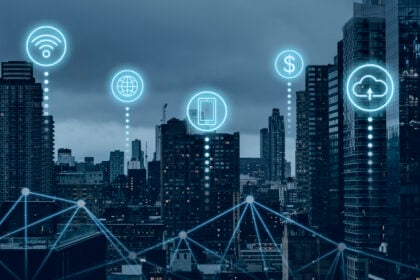Feeling drained by 3 PM? You might not need a vacation—just a microbreak.
These tiny pauses are the secret sauce to staying sharp, sane, and burnout-free in our always-on world.
⏸️ What Exactly Is a Microbreak?
A microbreak is a short, informal pause—typically lasting from 30 seconds to 10 minutes—taken throughout the workday. These brief interludes can involve activities like stretching, deep breathing, or a quick walk. The goal is to momentarily disengage from work tasks to reset mentally and physically.
🧠 The Science Behind Microbreaks
Research indicates that microbreaks can significantly reduce fatigue and enhance overall well-being. A meta-analysis published in PLOS ONE found that these short breaks boost vigor and reduce fatigue, although their direct impact on performance was modest.
Moreover, a study from Columbia University revealed that taking a 5-minute walk every 30 minutes can regulate blood pressure and blood sugar levels, countering the adverse effects of prolonged sitting.
💬 Real Reactions from the Web
“I started doing 2-minute stretches every hour, and my back pain has decreased significantly. Microbreaks are a game-changer!”
—@HealthyHabits on X
“Never thought stepping away for a minute could boost my focus, but it works. Microbreaks FTW!”
—u/ProductivePete on Reddit
“Incorporating microbreaks into my day has improved my mood and productivity. Highly recommend!”
—@WellnessWarrior on TikTok
🛠️ How to Incorporate Microbreaks into Your Day
- Set a Timer: Use apps or alarms to remind you to take a short break every 30-60 minutes.
- Stretch: Stand up and do simple stretches to relieve muscle tension.
- Hydrate: Take a moment to drink water and refresh.
- Mindful Breathing: Practice deep breathing exercises to reduce stress.
- Step Outside: Get some fresh air to rejuvenate your mind.(Loving Life)
🧭 Tailoring Microbreaks to Your Work Style
Not all breaks are created equal. For tasks requiring intense focus, like coding or writing, a brief walk or a few minutes of meditation can help reset your mind. For more repetitive tasks, a quick chat with a colleague or a short game can provide the necessary mental shift.(PMC)
🧘♀️ The Mental Health Connection
Microbreaks don’t just boost productivity—they’re a lifeline for mental health. Regular short breaks can reduce stress, prevent burnout, and improve overall mood. Incorporating these pauses into your day can lead to a more balanced and fulfilling work experience.
🏁 Conclusion
Incorporating microbreaks into your daily routine is a simple yet effective strategy to combat burnout and enhance mental health. These brief pauses can lead to improved focus, reduced stress, and increased overall well-being. Start small, and you’ll likely notice significant benefits over time.
For more insights on workplace wellness, check out our article on The Digital Detox Challenge: Unplugging Is the New Glow-Up.
FAQ
Q: How often should I take microbreaks?
A: It’s recommended to take a short break every 30-60 minutes of work.
Q: Can microbreaks improve productivity?
A: Yes, studies have shown that microbreaks can enhance focus and reduce fatigue, leading to better productivity.
Q: Are microbreaks effective for remote workers?
A: Absolutely. Remote workers can benefit from microbreaks to maintain mental clarity and prevent burnout.
Q: What activities are best during a microbreak?
A: Activities like stretching, deep breathing, short walks, or even brief meditations are effective during microbreaks.









